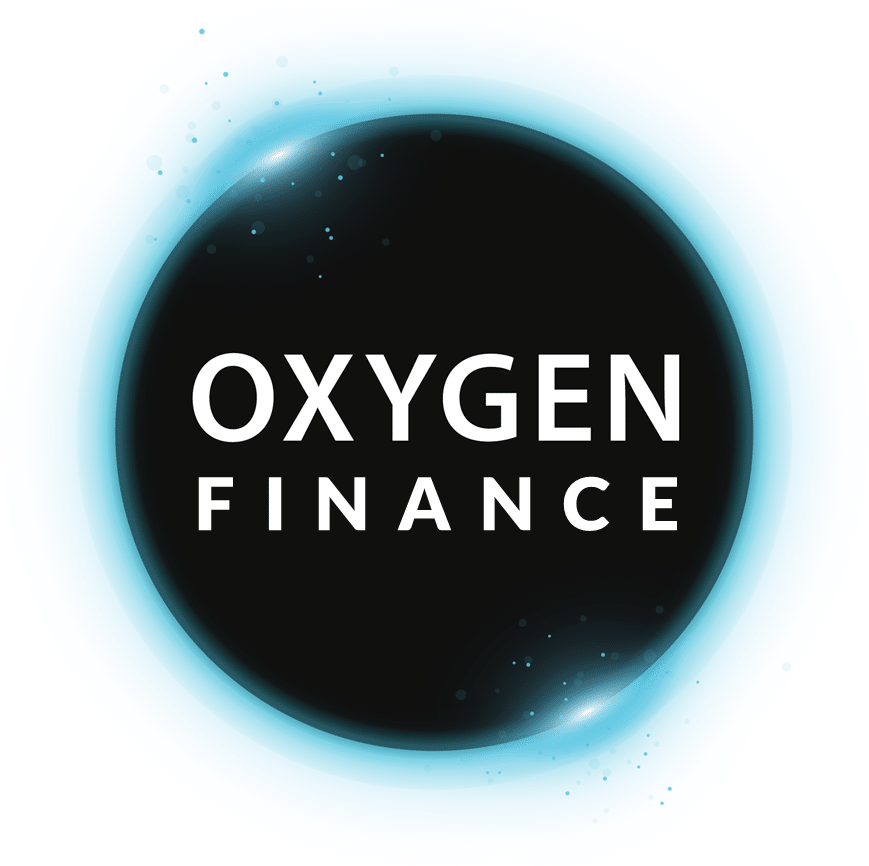Local Authorities have paid over £1bn owed to small and micro businesses early, driving liquidity into local economies and speeding up payments to firms where cash is most urgently needed.
The milestone comes as small business owners and staff face immense financial stress. A third of all payments made to small businesses are paid late, while 20% report cash flow problems due to late payments (1). More than 5,600 businesses closed due to insolvency in the second quarter of this year alone (2).
In response, Local Authorities are paying their small and micro suppliers early in an effort to improve cash flow and boost local economies.
Councils are accelerating payments using Oxygen Finance’s FreePay scheme, currently celebrating its 5th year. FreePay enables public organisations to pay local small and micro suppliers early without charge, reducing financing costs and in turn supporting business growth and delivering social value through job creation. Some of the UK’s largest councils now use FreePay to help deliver social value commitments.
The ability to receive faster payment for free reduces the need for small and micro businesses to seek – and pay for – alternative funding such as bank loans. But with interest rates rising and SME debt already standing at £204bn (3), borrowing can be costly. Conservative estimates show FreePay has potentially saved businesses over £1.5 million in interest by accelerating invoice payment, with savings being used to fuel business growth and support local jobs.
Liz Barclay, UK Small Business Commissioner, comments: “We welcome local authorities’ efforts to accelerate payments to their small suppliers. More than ever, small firms need to be paid as quickly as possible for their work so that they can manage soaring demands on their cash. Financial technology has a leading role to play in managing cashflow and it’s encouraging that larger organisations are using these platforms to support their small suppliers. Quick payments build business confidence without which firms struggle to invest, grow and contribute to the local economy and community. Everyone benefits when payments are quick and fair.”
Over 400,000 invoices have been paid early for free since the scheme’s launch in 2017 and more than 10,000 suppliers have registered for the FreePay programme. Payments are typically made in less than half the contracted time and the average time-to-pay across all FreePay invoices this year is just eight days.
Cllr Paul Johnson, Flintshire Council Cabinet Member for Finance, Social Value & Procurement, spoke about the scheme, “FreePay provides significant benefits to our suppliers with hundreds of firms receiving payments quickly and efficiently… Getting paid fast can be a lifeline.”
Ben Jackson, CEO of Oxygen Finance comments, “We’re committed to the creation of social value and advancing corporate social responsibility and I’m delighted to see all that has been achieved by our clients over the last five years and the much-needed boost FreePay has given local economies.
“Oxygen led the way in showing the difference that responsible payment practices can make to people’s lives by introducing FreePay to the industry, with clients readily supporting the initiative. I’m particularly proud of how we were able to help councils get early payment to their suppliers throughout the pandemic when small businesses urgently needed support. As the current economic outlook puts more pressure on small businesses, FreePay will continue to provide much-needed help.”
(1) The Office of the Small Business Commissioner
(2) Number of insolvencies in England & Wales according to the Office of National Statistics
(3) UK Finance, October 2022
About Oxygen Finance
Oxygen Finance helps businesses thrive and public sector organisations deliver economic and social benefit to our world. Through progressive payment practices, big data and expertise, Oxygen allows public sector and private organisations to trade more effectively. Payments become frictionless, data becomes information, driving growth and efficiency resulting in better social and economic outcomes.




